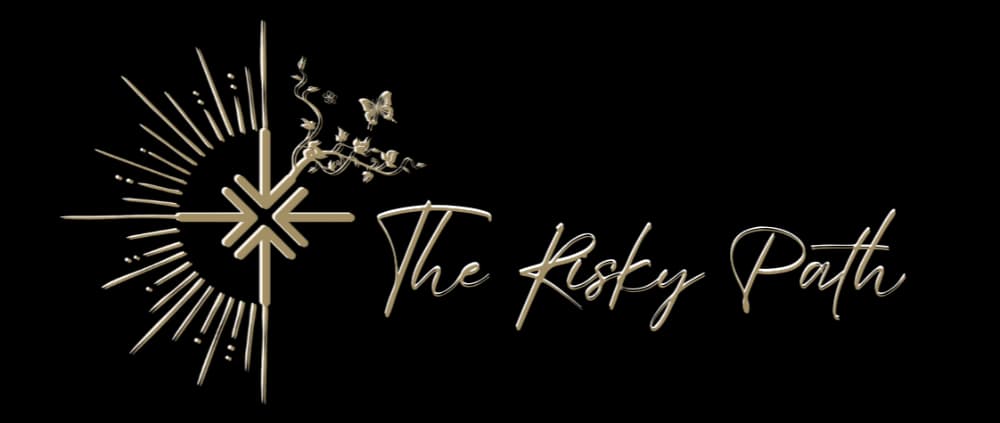With the constant demands of life around every corner, staying the course every day is tough.
I don’t know about you, but these past few weeks have been overly demanding of my time and energy.
There are things I need to be focused on and just haven’t been. The demands of life have left me depleted, exhausted, and overwhelmed.
I have been lacking in maintaining my mindset, my spiritual fitness, as my uncle puts it, and even my self-care.
But the truth is, what I am learning through my own process is that recovery and growth DO NOT survive on autopilot
The Trap of the To-Do’s
Once we set out on a path of recovering a life of freedom, it requires immense dedication. But it’s so easy to get caught up in the endless to-dos of life, work, kids, responsibilities, all of it.
The very thing we honestly desire, our freedom, our recovery, the inner work we started slowly slips to the wayside. It falls through the cracks. We find ourselves saying, “I need to get back to that,” until eventually, the thought doesn’t cross our minds anymore.
We can find ourselves feeling irritated, frustrated, and disappointed. And then we wonder why things haven’t changed and are the same… or worse.
It’s Just Our Life, Right?
Here’s the truth: recovery is a 100% all-in, focused, concentrated, attention-giving process.
Whether it's from addiction, life, or trauma, it takes devoted, undivided attention.
We are so used to placing our “lives” as a priority over our actual “life”.
This is why people with addictions or injuries go to rehab.
If we look at the definition of rehabilitation, it is: the action of restoring something that has been damaged to its former condition.
Recovery takes all of you, so rehab removes you from the chaos of your normal life so you can submerge yourself in your new walk, your new path.
Rehabilitation isn’t just for specific people. It’s for all of us.
But here’s the truth: not all of us get that kind of reset.
My childhood traumas, identity crisis, fears of abandonment, financial struggles, or severely damaged relationships? They didn’t qualify me for time away to heal.
But it doesn’t mean we don’t need the same care. So it becomes our responsibility to do what we can. To reach out. To lean on a therapist, coach, sponsor, counselor, or minister for support. Because recovering a life of freedom and walking in our authentic selves has to take priority. We have to find a new balance.
Balancing Act
When recovery begins, balance suddenly becomes vital. But for many of us, imbalance has been our normal for so long that it feels strange to live any other way.
We’ve carried lives heavy with burdens, expectations, and chaos. So when freedom starts to take root, we face the challenge of managing both recovery and everyday responsibilities. The bills, the kids, the work, the schedules.
They don’t just go away because healing has begun.
So now we’re doing this delicate balancing act. Trying to stay committed to the inner work that saves our lives, while still showing up to the everyday life that needs us.
It’s no wonder people feel pulled in every direction.
Recovery is the thing that gives balance to everything else.
This is why recovery can’t just be squeezed in around life. It has to become the foundation for how we live.
Recovery is the Plate
A mistake we often make is that we think recovery is just another thing to add to our already overloaded plates.
But recovery is not an add-on. Recovery is the plate.
It’s the foundation that everything else rests on. And when we overload ourselves, the first thing that falls off the edge is always our recovery work.
Why? Because our brains crave the path well-traveled. They’ll choose the familiar, the old patterns, every time—unless we step in and make the choice ourselves.
Active Choosing
Our brains are wired to choose the familiar path over the new one. That’s why it feels so easy to drift back into old patterns.
This is why recovery requires active choosing. It’s stopping the autopilot, interrupting the old neural pathways, and deciding again and again to choose what’s in your best interest over what your interest does best.
And yes, it’s hard. But it’s also the most rewarding and joyful choice you can make.
Key Takeaways
✨ Recovery doesn’t survive on autopilot; it requires daily attention.
✨ Life’s to-dos will always push recovery aside unless you make it your priority.
✨ Balance isn’t about juggling everything; it’s about grounding everything in recovery.
✨ Recovery isn’t another thing on your plate; it is the plate.
✨ Our brains choose the familiar path unless we step in and actively choose.
✨ God prioritizes you, maybe it’s time you do, too.
Final Thought
You are not just another thing on your own to-do list. God didn’t create you to fall through the cracks when life gets busy. If He makes you His priority, it’s time to make you yours too.
Keep choosing. Keep staying the course. Even when it’s inconvenient. Even when it’s exhausting.
The path of recovering a life of freedom takes immense dedication, and you are worth it.
LISTEN HERE! PULLED IN EVERY DIRECTION? WHEN LIFE DISTRACTS YOU FROM RECOVERY






